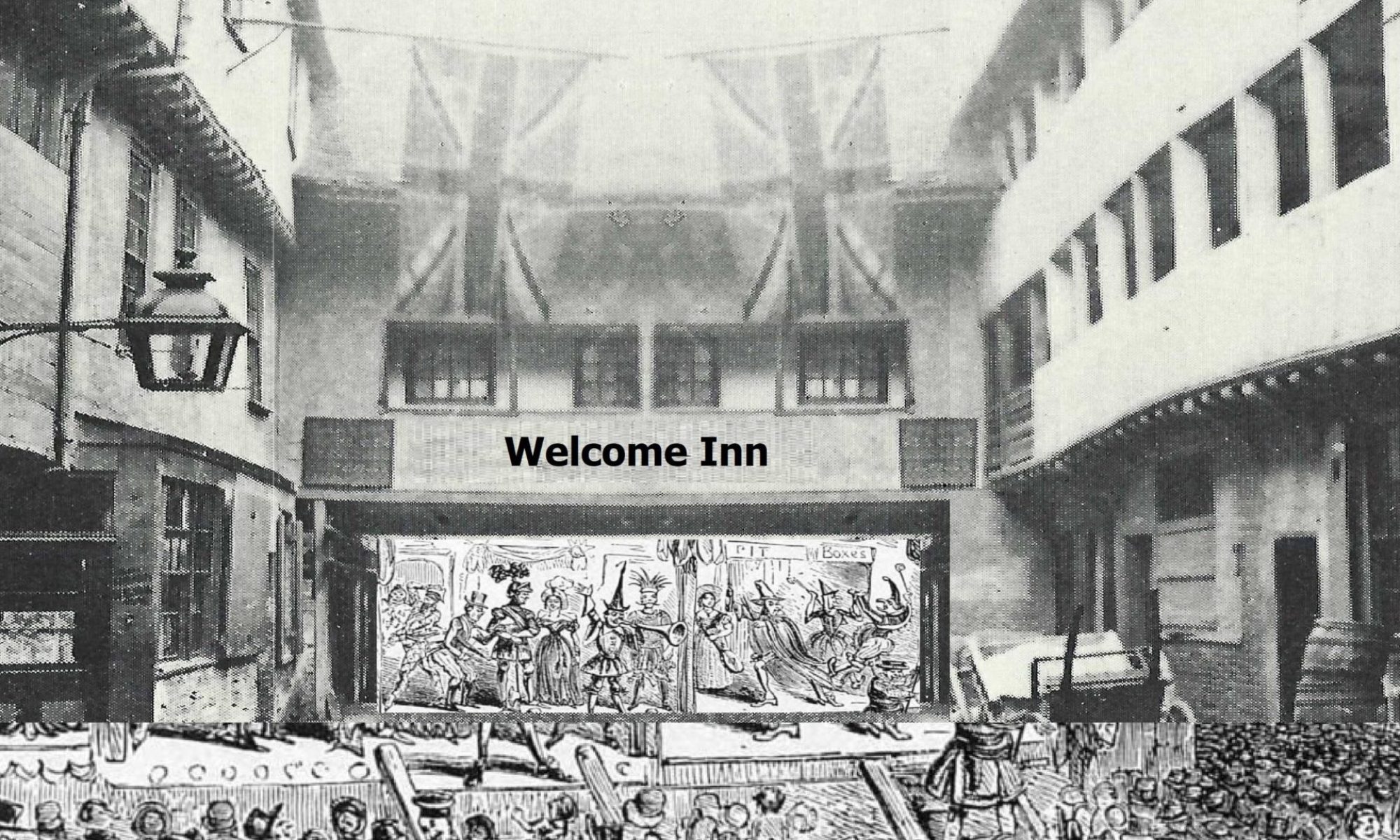Vimto is a fruit cordial and I have been a fan of it ever since I was a boy. It was created in 1908 in Manchester by Noel Nichols (1883–1966), a wholesaler of herbs, spices and medicines and first registered as a medicinal herbal tonic. Nichols saw the market opening for soft drinks due to the temperance movement and the passage of the 1908 Licensing Act. It was originally sold under the name Vim Tonic – a herbal tonic that gave the drinker ‘Vim & Vigour’. It was renamed as Vimto in 1912 and re-registered as a cordial.
Spicegate, 14 Mill Road

Spicegate on Mill Road sells export-strength Vimto.
Vimto is hugely popular in the Middle East – a tradition that I chanced upon when finding a bottle of the densely coloured Vimto cordial in Spicegate on Mill Road. It looked like the drink I had first encountered when I was a boy – over 50 years ago – the liquor being much darker than the pallid, over-sweet confection that nowadays masquerades as Vimto. It was being sold in a thick, retro-looking glass bottle (again like my childhood memory of Vimto) and had Arabic writing on it. It was also about twice as expensive as the stuff that I had been reluctantly buying for my kids in ASDA. I asked the shopkeeper about it who explained that it was a very popular drink in the Middle East. He persuaded me to buy some, even though it was expensive. My instinct was, however, that this was going to be a better Vimto experience that I had had for the past few years. I was not disappointed. When I got home I opened it and tried it – it was clearly much stronger than the current English version – and, I don’t know if it was my imagination, but it seemed to be spicier, darker, more deeply flavoured.
The Recipe and serving suggestion
Vimto contains the juice of grapes, raspberries and blackcurrants, flavoured with a secret mix of herbs and spices (plus an unhealthy amount of sugar) – and, allegedly, traces of codeine. But this needn’t concern us – buy a bottle from Spicegate, mix to taste with water (either hot or cold) and enjoy. For me, I like ice and carbonated water – but never pre-mixed from a tin.
Italian Amari
I have always been a fan of the Italian Amari (Italian for “bitters”), Italian herbal liqueurs commonly consumed as an after-dinner digestif. They usually have a bitter-sweet flavour, sometimes syrupy, and an alcohol content between 16% and 40%. There are local varieties in Germany (where they are called Kräuterlikör), in Hungary, the Netherlands, and France. But the term amaro is applied only to Italian products of this kind. Amaro is typically produced by macerating herbs, roots, flowers, bark, and/or citrus peels in alcohol, either neutral spirits or wine, mixing the filtrate with sugar syrup, and allowing the mixture to age in casks or bottles. Dozens of varieties are commercially produced, the most commonly available of which are Averna, Ramazzotti, Lucano, and Montenegro. Many commercial bottlers trace their recipe or production to the 19th century. Recipes often originated in monasteries or pharmacies. It was from this tradition that Vimto emerged.
British cordials
British cordials were adapted for the Temperance movement which was busy setting up Temperance pubs, hotel and societies all over the country and needed cold, non-alcoholic, but tasty drinks to serve. Initially, these placebos were marketed as tonics and supposedly treated any number of ailments, especially of the heart.
Vimto and the Middle East

After the Second World War Vimto was shipped from Salford to the Middle East packed in wooden crates and housed in the bulkheads of ships. They were offloaded in Bahrain and transported around the Gulf in Arab dhows.
By the 1960s pallets of Vimto cordial in cardboard boxes were being shipped directly to many new ports. The cordial was (and remains) double strength compared to the UK version to cut down on transport costs and suit the local palate.
Vimto has become associated with the holy month of Ramadan, a period which accounts for a large part of the cordial’s entire sales.
It has become something of a tradition for many Muslims to end a day of fasting with a date and a glass of the purple liquid as a sugar-boost for flagging energy levels.
Vimto (left) – as it is sold in Spicegate.
